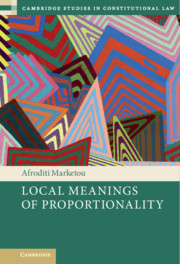Regulatory norms, rules, and arrangements enshrined in and established by EU pharmaceutical law travel internationally and influence foreign legal systems, regulatory practices, pharmaceutical company conduct, health systems’ functioning, and ultimately patient access to medicines and human health worldwide. This paper applies the mechanisms of Europeanisation (conditionality, socialisation, externalisation, and mimicry) to explain how these EU norms, rules and arrangements are diffused globally, with a focus on developing economies. Using the ongoing revision of the EU’s pharmaceutical legislation as a case study, this paper selects three innovative legislative proposals therein (i.e. environmental risk assessments for antimicrobials; reporting of public funding for medicines R&D; revised clinical test data and market protection, including a transferrable exclusivity voucher). Through the lens of Europeanisation, this paper postulates how these three legislative proposals, if adopted, would travel globally to developing economies, under which conditions, and with which likely impacts. This paper addresses several gaps in the literature, namely by introducing a global lens to the existing analyses of the EU’s revision of pharmaceutical law, by revealing the theory behind the emerging evidence of the EU’s influence over global pharmaceutical markets, and by positioning the case of pharmaceutical regulation in low- and middle-income countries among the scholarship on the global regulatory influence of EU internal market law.
